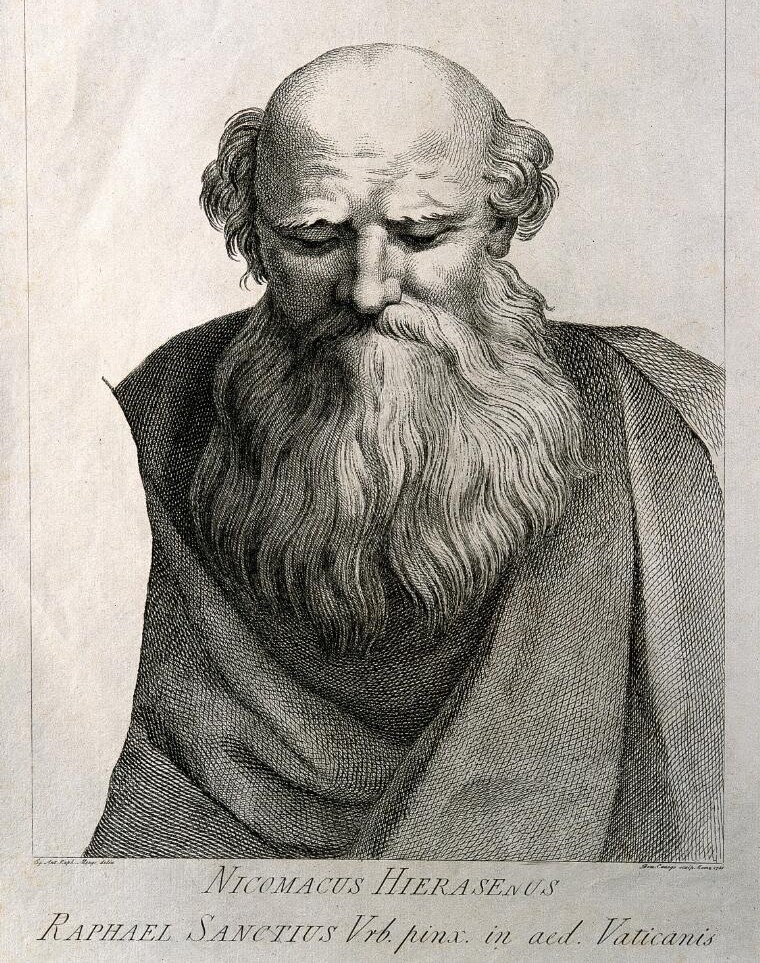AMMAN — Jerash,
a once magnificent city in the Roman period and now a bustling archaeological
park, has a rich history that is lesser known to the general public. Among its
residents was Nicomachus, a leading mathematician and music theorist born in
Jerash around 60 CE.
اضافة اعلان
Mathematical
contributionsNicomachus was a
Neo-Pythagorean philosopher who made a remarkable contribution to mathematics
and is known for writing the oldest surviving Greek multiplication table,
according to several scholars who wrote on the history of mathematics,
including Eric Temple Bell and Frank J. Swetz.
Nicomachus was also known for
writing "Introduction to Arithmetic,” the first book to treat arithmetic
as a separate topic from geometry. This book was translated into Latin by
Ancius Boethius and was used as the standard arithmetic curriculum in European
schools for 1000 years.
Not much is known about
Nicomachus's life, but his writings have earned him a prominent place in the
history of mathematics.
During his lifetime, he was
highly regarded as a mathematician. His name became synonymous with good
calculation, at least for the ancient satirist Lucian who referred to good
calculators as those who "reckoned like Nicomachus of Gerasa."
Nicomachus was also involved
in the theory of numbers and their "mystical properties," such as
perfect and amicable numbers. He added 8,128 to the list of perfect numbers,
which at that time included 6, 28, and 496.
His book "Introduction
to Arithmetic" remarkably used Arabic numerals instead of Greek ones and
was later translated into Arabic by Thabit Ibn Qurra, a mathematician,
physician, astronomer, and translator that is considered the founder of
statics.
And since 1926, Nicumahcus’s
book has been available in English after Martin Luther D'Oog translated it.

Additionally, as quoted by
Iamblichus and Porphyry in their biographies of Pythagoras, scholars have
conjectured that Nicomachus also wrote a biography of Pythagoras.
He also wrote "Theology
of Numbers" on the mystic properties of numbers, although only fragments
of the work have survived.
Music theoryNicomachus is also known for
writing "the Manual of Harmonics", which discusses music theory and
its relationship with numbers. It is considered to contain the earliest
surviving record of the Pythagorean legend of discovering the musical
pitch.
It says that pitch is
determined by numeric ratios, according to Henrietta O. Midonick, mathematician
and author of “the Treasury of Mathematics”.
Despite all his offerings,
many of Nicomachus's works are lost, including a larger piece on music that he
promised to an unknown lady and several other books such as "Art of
Arithmetic," "Theology of Arithmetic," and "An Introduction
to Geometry".
However, mathematicians
continue to recognize Nicomachus through "Nicomachus's Theorem," a
mathematical equation.
Read more Features
Jordan News



